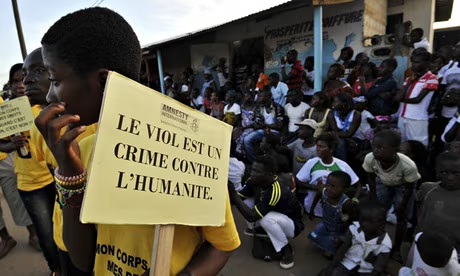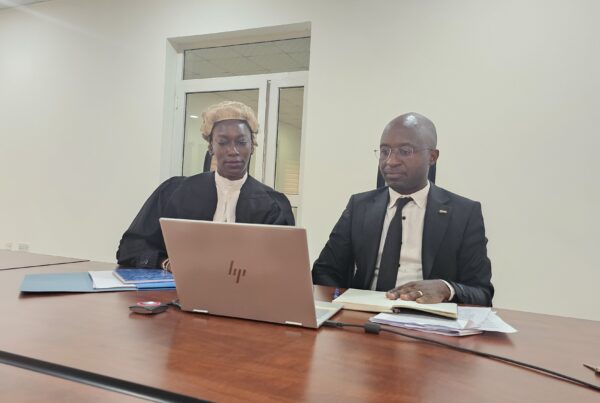Brief Facts
The Communication was filed on behalf of Capital Radio (Private) Limited (CRPL) an independent electronic broadcasting company in Zimbabwe. The Complainants alleged that the broadcasting regulatory framework unreasonably limited their right to freedom of expression.
By virtue of the Broadcasting Service Amendment Act 2003, the Broadcasting Authority of Zimbabwe required both radio and television service provider to apply for license before they could broadcast. The main problem with this enactment was that the application fee was exorbitant and even if the media houses paid fees, they were still denied the license.
Complainants alleged that the Respondent created these obstacles, because they want to maintain State monopoly over the board casting system.
The Minister for Information publicly stated that CRPL would never be granted a broadcasting license. Therefore new legislations were enacted to ensure that the CRPL and other board casting companies will not be granted license to operate and even after the High Court and the Supreme Court declared such Acts unconstitutional, the Respondent refused to take measures to remedy the situation. The Police seized CRPL equipment and also surrounded and monitor the homes of the directors of the CRPL for weeks out of fear the lawyer for the CRPL advised the Directors of CRPL to go into hiding during this period.
Alleged Violations of the African Charter on Human and Peoples’ Rights
Article 1 – Obligations of Member States to give effect to the African Charter
Article 2 – Right to Freedom from Discrimination
Article 9 – Right to Receive Information and Free Expression
Venue
The communication was filed before the Africa Commission on Human and Peoples’ Rights (ACmHPR) against Zimbabwe
Litigation Partners
The Institute for Human Rights and Development in Africa (IHRDA), the Media Institute of Southern Africa (MISA) of Zimbabwe and Article 19
Status of Communication
No finding was made on the alleged violations. The ACmHPR declared the communication inadmissible during the 48th Ordinary Session (10 – 24 November 2010) of the African Commission, held in Banjul, The Gambia.
The reason for the Commission’s decision was that the Complainants did not concur with the admissibility requirement in Article 56(6) of the Africa Charter on Human and Peoples’ Rights. This provision of the charter required Complainants to submit their compliance before the commission within a reasonable time after the exhaustion of local remedies. In this case it took the Complainants two year after they exhausted local remedies, the commission declare this as unreasonable because they did not have any good reason for taking that long.




